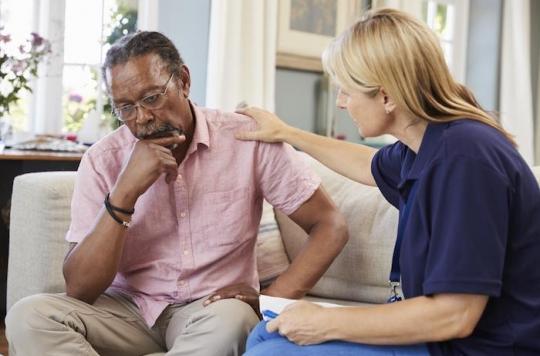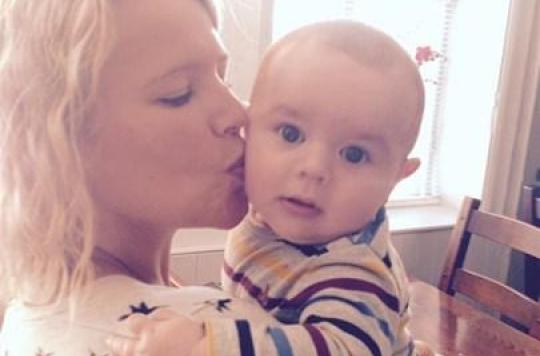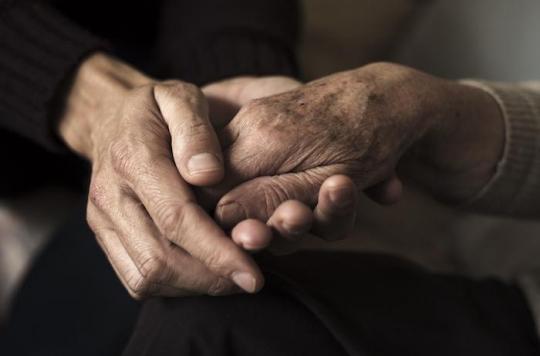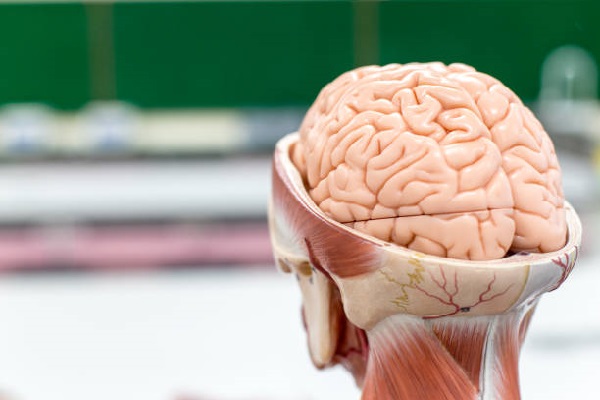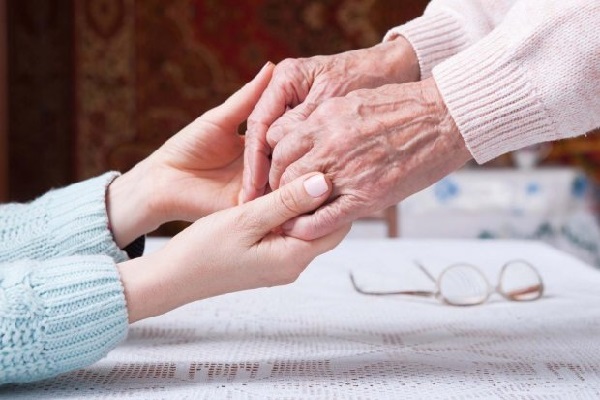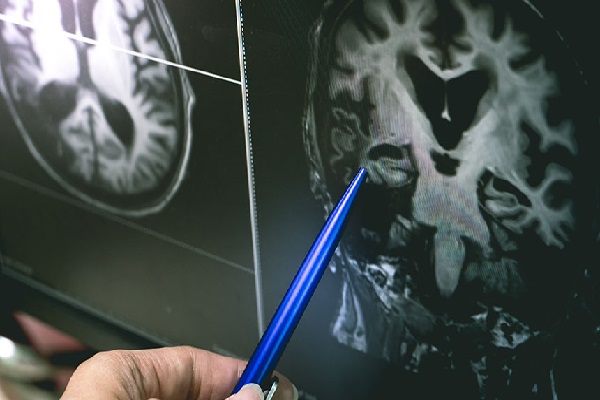A study of older adults shows that people who describe themselves as very sleepy during the day are almost three times more likely to have Alzheimer’s disease. Alzheimer’s is a neurodegenerative disease, that is, it acts on the brain and causes a progressive loss of memory. At the moment, no effective treatment can control this disease, but a new study may…
Category: Alzheimer
At 32, this woman is the youngest Briton with dementia
In 2016, Becky Barletta, 32, was diagnosed with fronto-temporal dementia, a neurodegenerative disease that progressively alters certain areas of the brain. She is one of the youngest in the country to have been diagnosed. Until two years ago, Becky Barletta had everything to be happy. This young blonde, ski instructor had met her future husband on the slopes of Verbier, Switzerland. Passionate about…
Dementia, Stroke, Parkinson’s: Half of all women and one in three men are at risk
One in two women and one in three men will develop dementia, stroke, or Parkinson’s disease in their lifetime, according to recent scientific data. This is an impressive study, running over 20 years, just published in the Journal of Neurology Neurosurgery and Psychiatry . According to her, almost half of the Dutch population at risk of developing such a neurological…
Get Dizzy Upon Standing? It Could Be Sign of Dementia Risk
WEDNESDAY, July 25, 2018 (HealthDay News) — Are you a middle-aged person who tends to feel a little woozy when you stand up? If so, new research suggests you might need to worry more than most about developing dementia later in life. The study focused on a condition called orthostatic hypotension — where blood pressure drops sharply when a person…
5 BENEFITS OF AN EARLY DIAGNOSIS OF ALZHEIMER’S OR DEMENTIA
What to do if you suspect Alzheimer’s or dementia If your older adult is behaving oddly or showing signs of cognitive impairment, like memory or judgement problems, you might wonder if it’s part of normal aging or if they could have Alzheimer’s or dementia. Nobody wants to admit that someone they care about could have such a devastating condition. And even though you’re worried, you…
Life Is Short After Dementia Diagnosis, No Matter Your Age
SUNDAY, July 22, 2018 (HealthDay News) — Your age doesn’t determine how long you’ll live after a dementia diagnosis, new research contends. “These findings suggest that, despite all efforts, and despite being younger and perhaps physically ‘healthier’ than older people, survival time in people with young-onset dementia has not improved since 2000,” said study author Dr. Hanneke Rhodius-Meester, from VU…
Stroke doubles the risk of dementia, shows recent large-scale study
The findings from the largest ever study on the relationship between stroke and dementia risk have just been reported. The study shows that stroke patients experience a two-fold increased risk of developing dementia in later life. Whilst previous studies have shown the link between stroke and dementia, they were not able to quantify the percentage increase in risk. The present…
Alzheimer’s Caregivers: 8 Tips for People Caring for a Loved One With Alzheimer’s Disease or Dementia
The level of assistance provided by caregivers of people with Alzheimer’s or other dementias tends to be extensive. As symptoms worsen and the amount of care needed continues to increase, caregivers report stress, anxiety and even depression at high rates. The Alzheimer’s Association, Greater Illinois Chapter, offers tips to help manage stress throughout the role of caregiving. Know what community resources are…
3 Tips for Struggling Alzheimer’s Caregivers
By Lydia Chan Caring for an elderly loved one is no small task to begin with, but when your loved one is plagued with a disease such as Alzheimer’s, the challenge can be nearly unbearable. Your fight against your loved one’s Alzheimer’s can feel like rowing a hole-ridden boat down a stream without a paddle. You may feel like you are fighting…
Link between chronic bacterial inflammation and Alzheimer disease.
Abstract Alzheimer’s disease (AD) is a degenerative disease of brain that is associated with dementia, brain atrophy, accumulation of hyperphosphorylated tau protein and amyloid-beta peptide in hippocampus and cortex region of the brain. The development of AD is a multifactorial process that may also involve infection with bacterial pathogens. Recent studies suggest that bacteria including spirochetes have the potential to…
